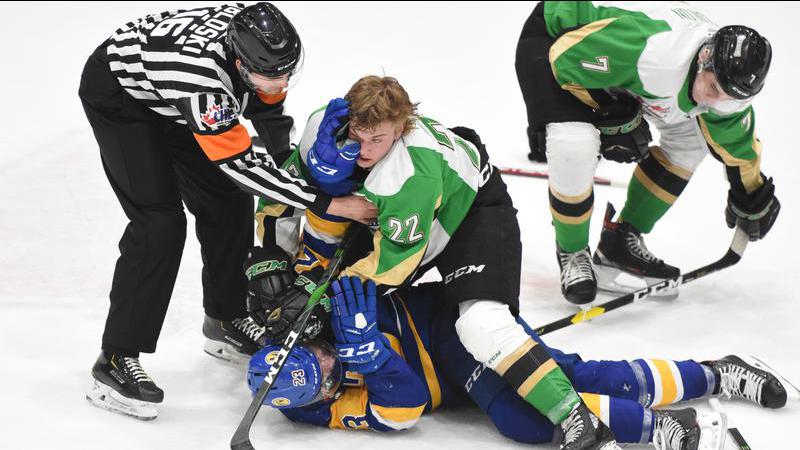
What we know so far about WHL approvals
As approvals from governments and health authorities are starting to appear in support of the Western Hockey League (WHL) restarting, Saskatchewan getting the green light may not be too far away.
In an interview with voice of the Kelowna Rockets Regan Bartel, WHL commissioner Ron Robison was asked about the B.C. situation and whether or not getting B.C.’s approval would be the leagues’ “toughest challenge.” In his response, Robison said he believed Saskatchewan and Manitoba could be done before that.
“[B.C.] could be our last jurisdiction that we’ll be dealing with, potentially. We believe we’ve had some really good discussions taking place right now with Saskatchewan and Manitoba,” Robison told Bartel. “But at the end of the day, we need the approvals in those provinces as well. I think our discussions will be ongoing with the B.C. health authorities.”
Prince Albert Raiders business manager Michael Scissons said it’s really encouraging to see governments and health authorities in Alberta and Washington State already approve the restart of the WHL season.


